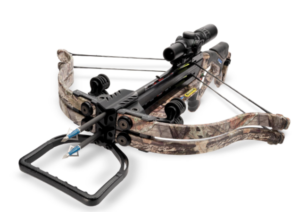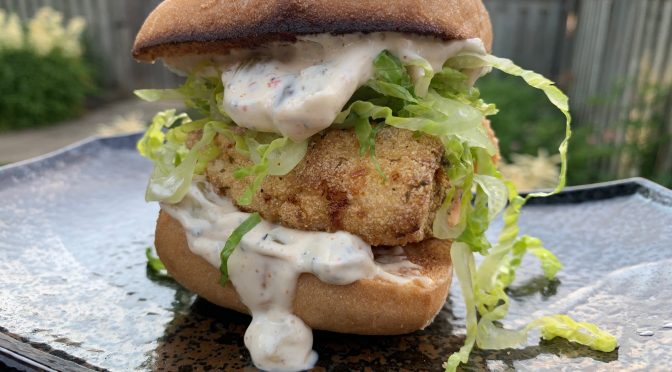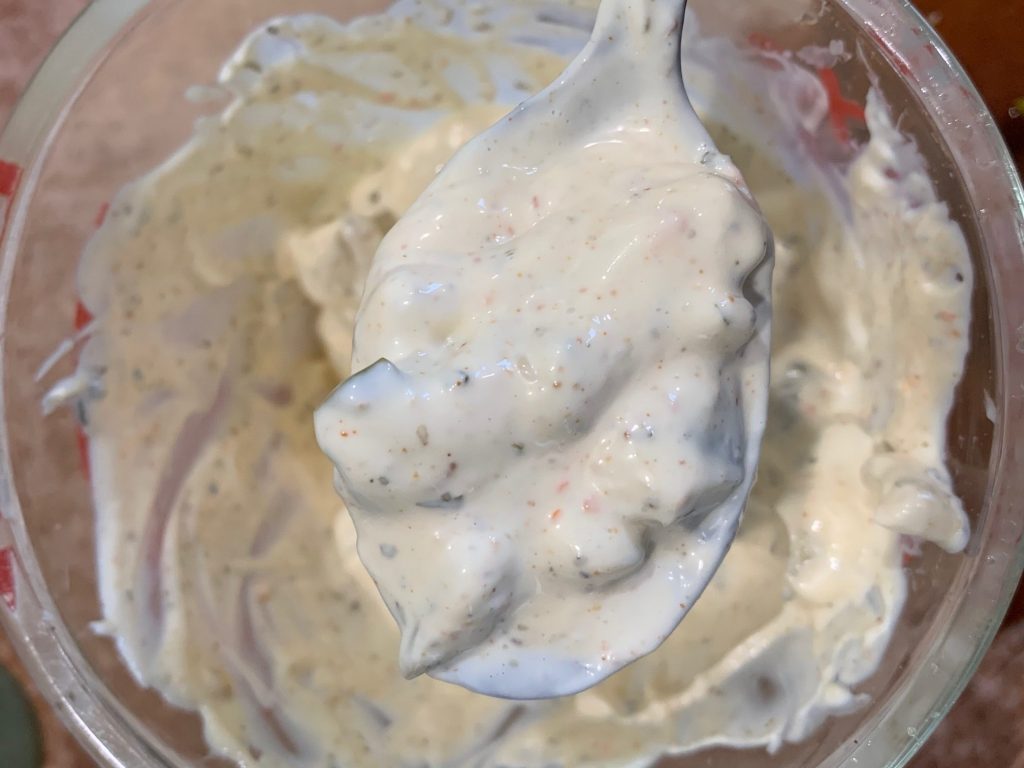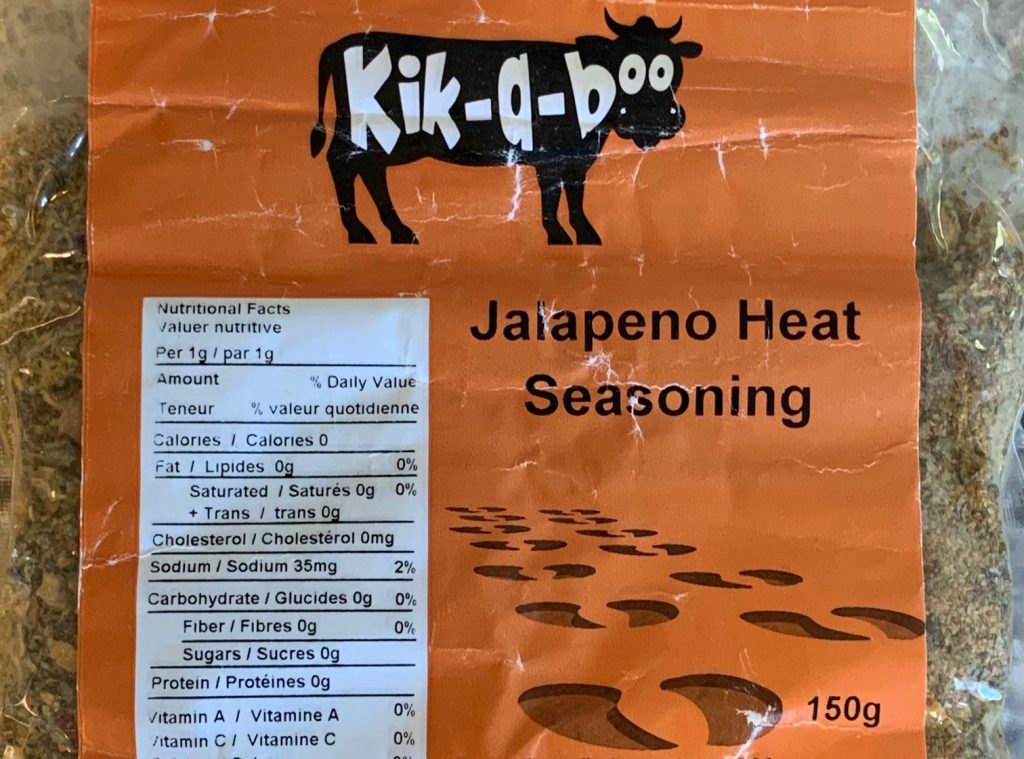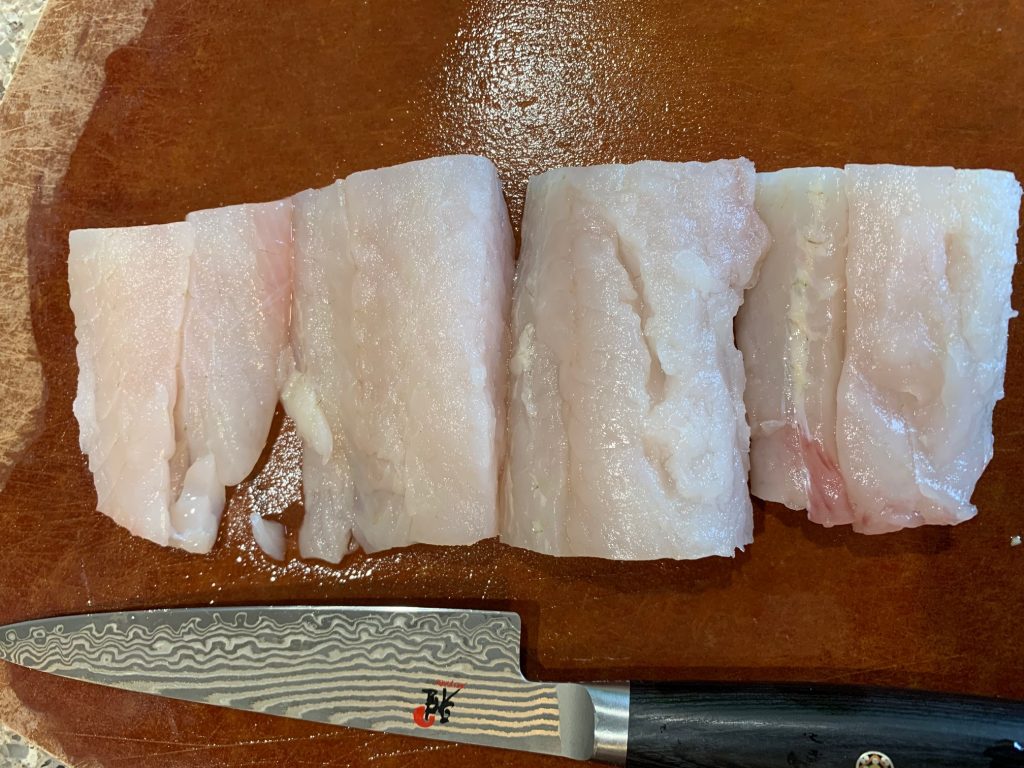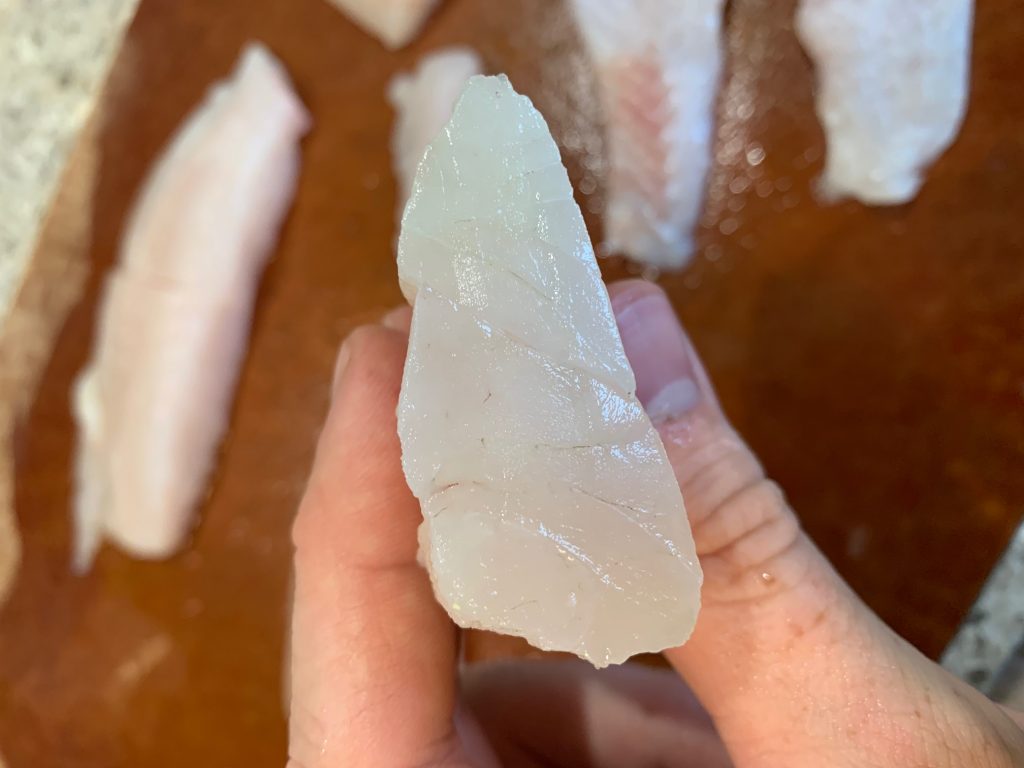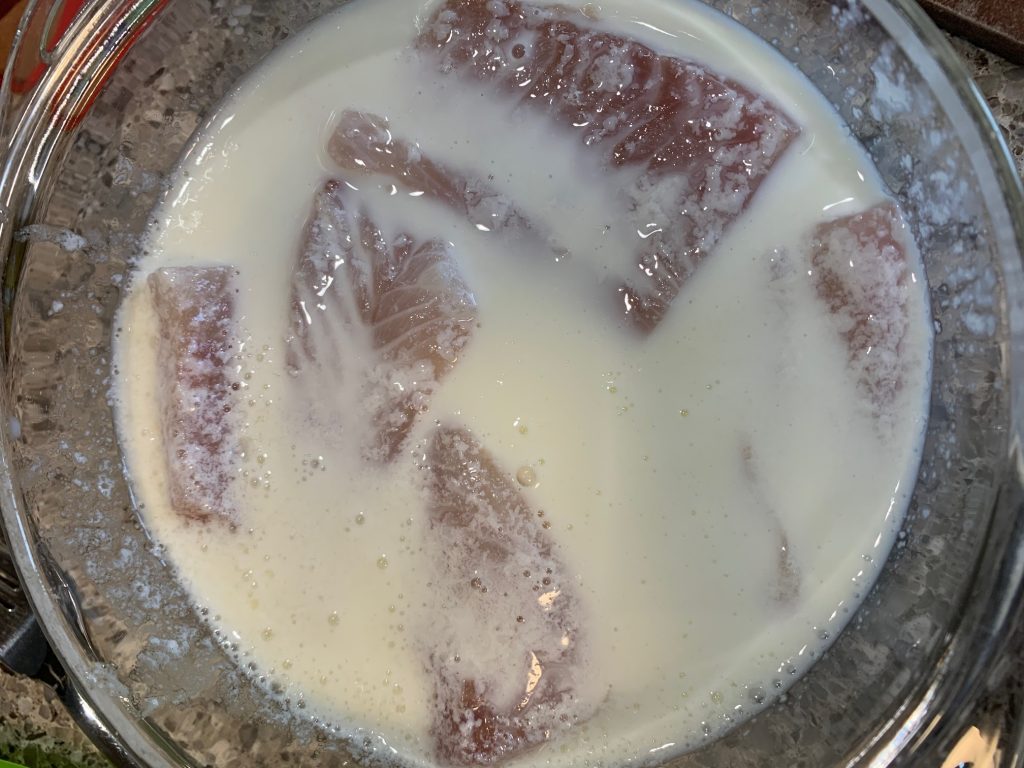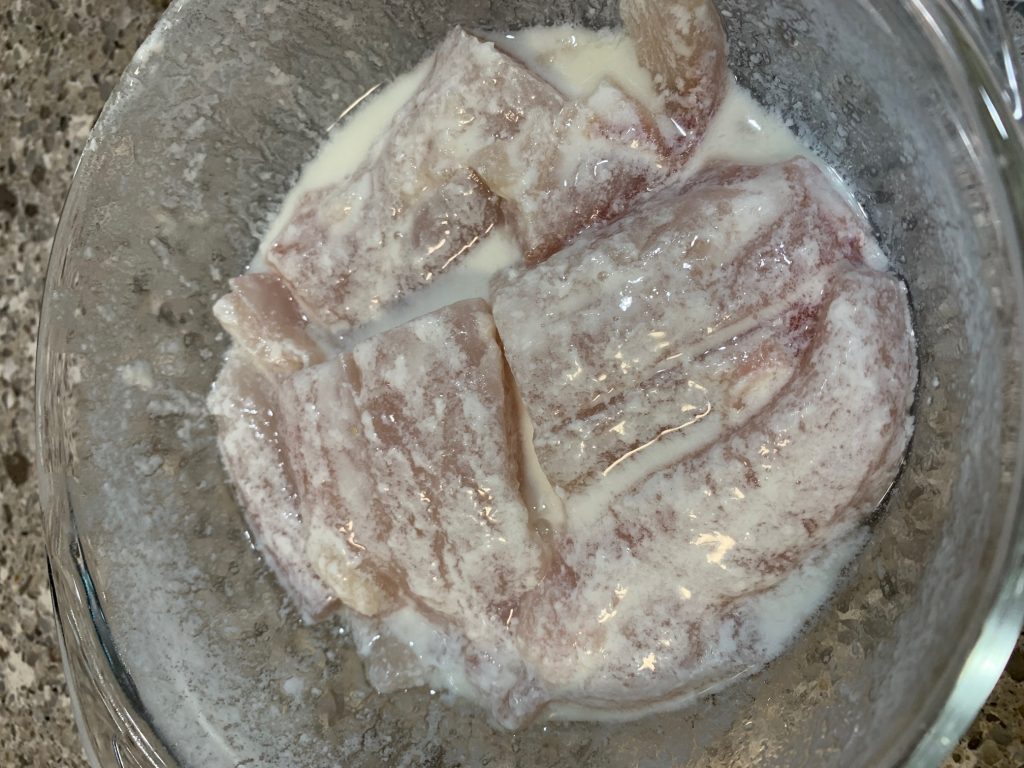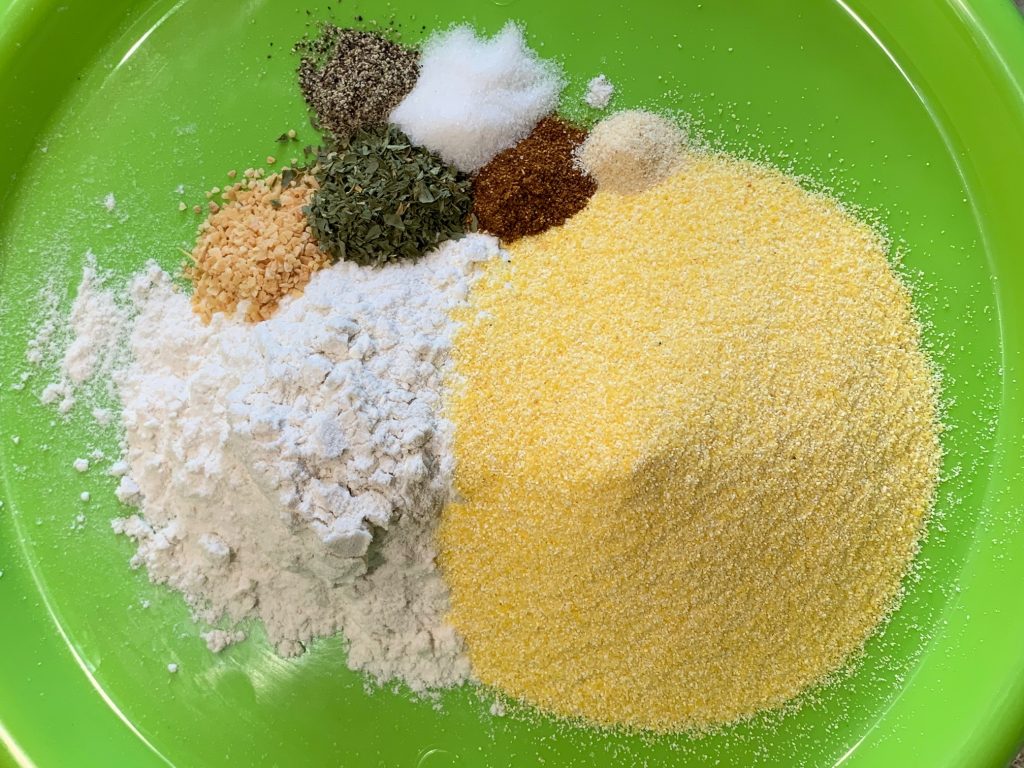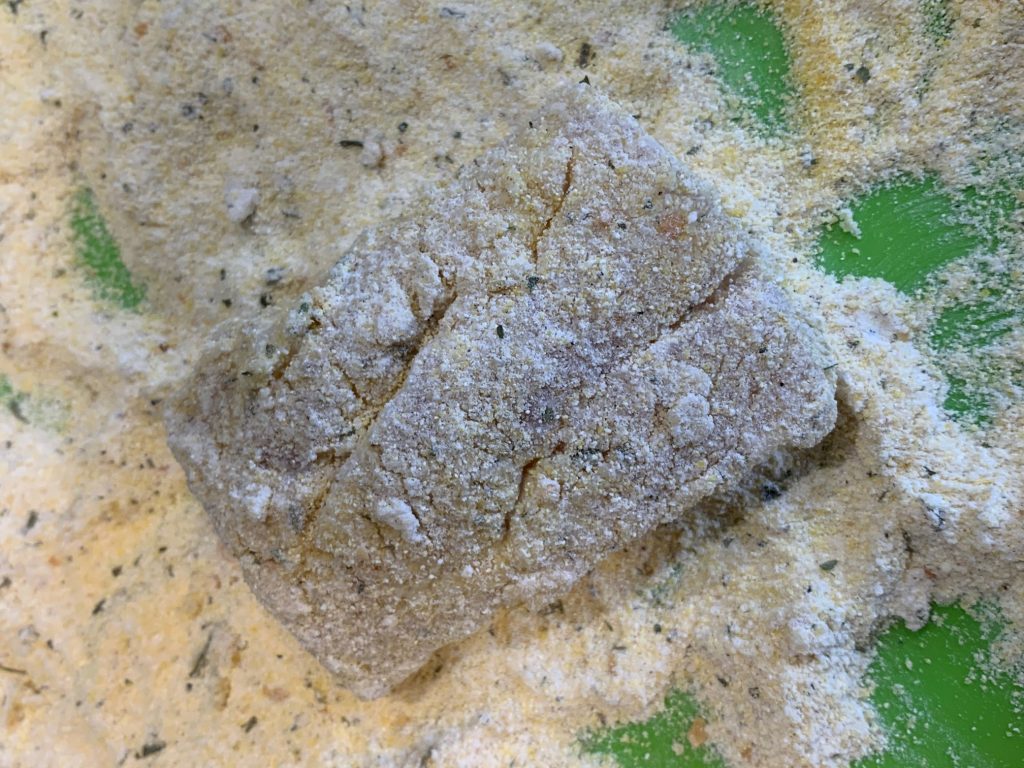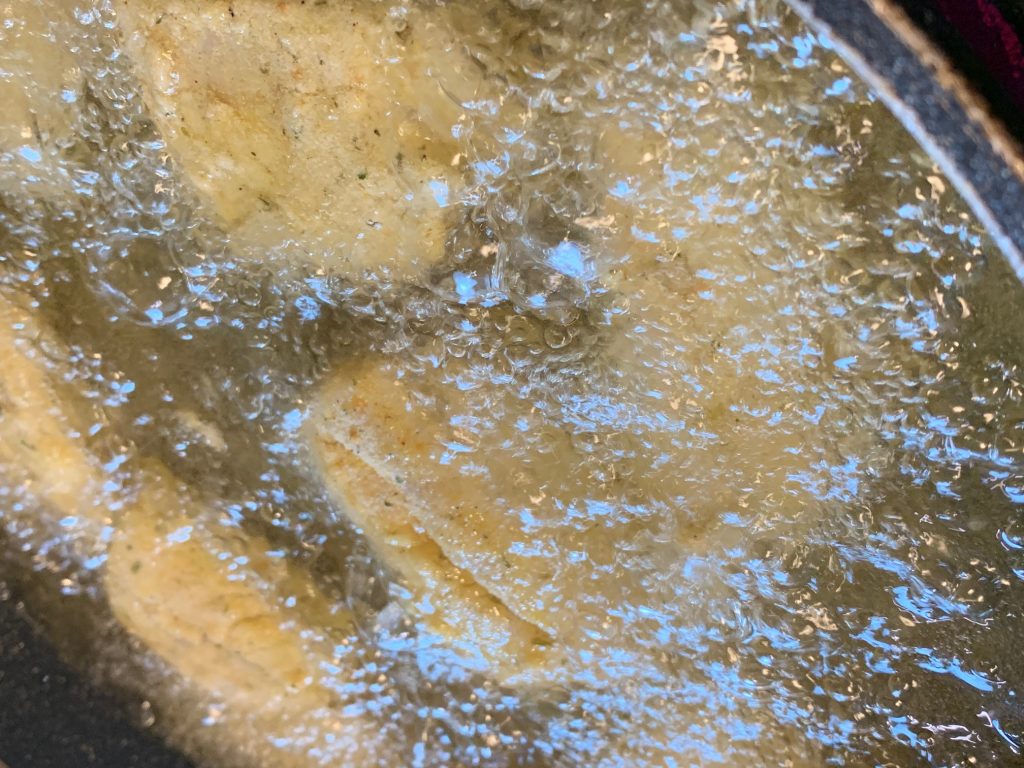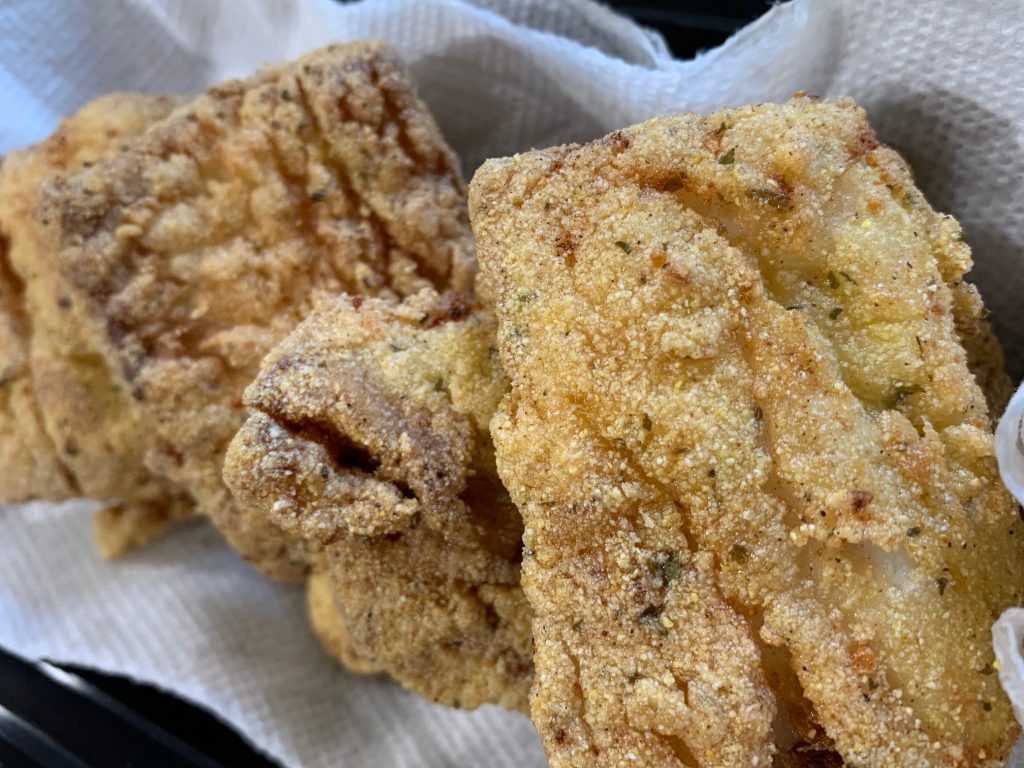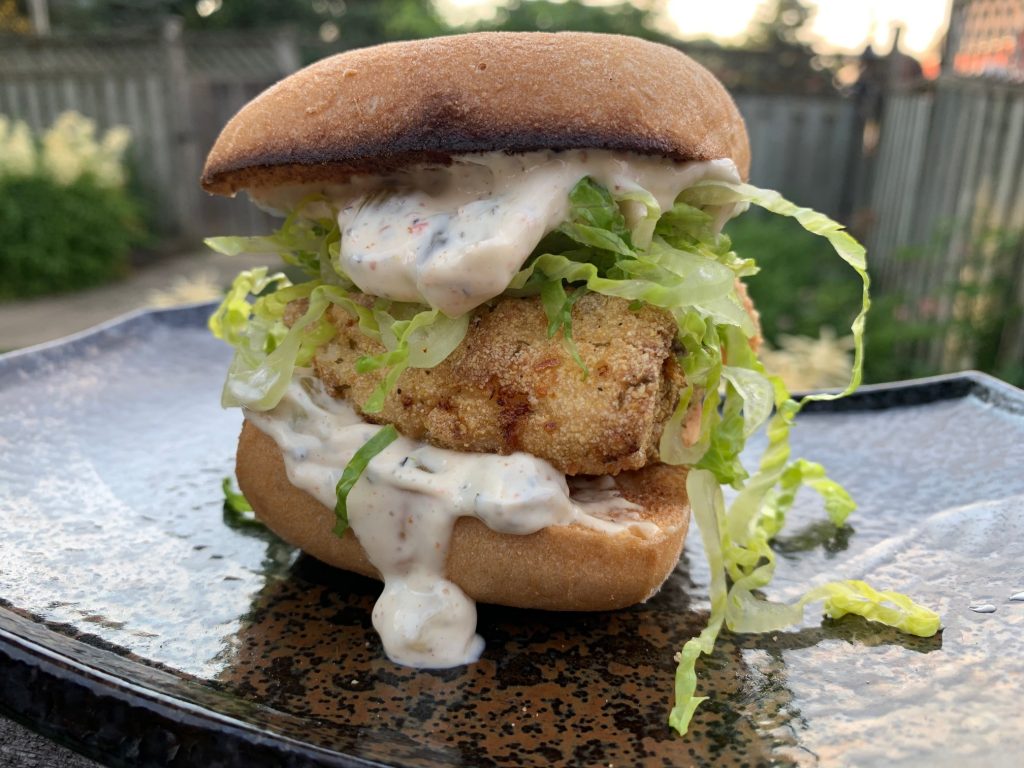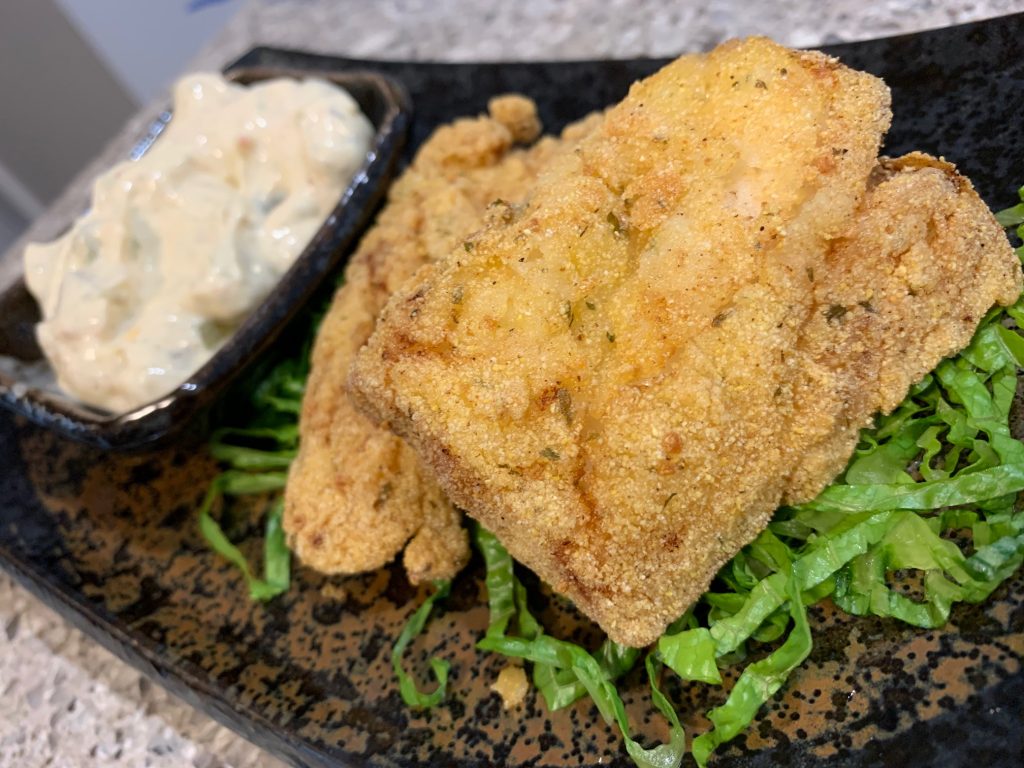In social media circles over the few years, it has become increasingly popular to kill turkeys by “reaping” them. If you’re reading this, odds are you know what I’m talking about, but if you don’t “reaping” a.k.a. “fanning” is the method (if you can even call it a ‘method’) of hiding behind a wild turkey tailfan or strutting decoy and then shooting the gobbler when he comes to fight you.
And, as the salient point in what is about to follow, it is cheating. It is no different than jacklighting deer, or electrofishing, bear-baiting (which is a whole other missive for another day).
Now in a moral sense, I do not have the least issue with someone using a cheat code to win while playing a game. After all, I had a Nintendo Game Genie once. I was a noted pilferer of excess $100 bills when my friends and I would play Monopoly. I even once tried the “ace up the sleeve” in a university poker game but was too inebriated to know that I had dropped the card on the floor.
But cheating just so you can kill an animal? That is a step too far.
In the past, proponents of this reaping dumbfuckery have been vocal with me. Called me grumpy. Called me elitist. Called me a coward or a keyboard warrior. They’ve probably called me other things too that they chose not to write. Whatever. Sticks and stones, and all that.
I think it’s important to note here that we’re not some anonymous troll on the internet. Our name is on this. We are not shy with our unpopular opinions with this topic, but we try to be at least logically sound here. So, in that vein, we will now outline the key arguments we hear most often from people out reaping turkeys, and why those arguments are, by and large, pure nonsense.
“If you haven’t done it, how can you have an opinion on it?”
I have not run my arm through a thresher either, but I have a good idea that the outcome would not be great. This fallacy is so laughable it is hardly to be addressed. But I will here just to be fair.
Every one of us has a choice to make about what our ethical line in the sand is. That’s fair of hunting turkeys, and that’s fair of life. Choose to dishonor yourself if you will, choose to break game laws if you will (some areas that have already banned reaping…and I sincerely hope more areas follow suit), choose to disrespect the game animal if you so desire. These are choices.
Of course “freedom of choice is not freedom from repercussions” should also be an axiom that everyone is familiar with. People are choosing to mortgage the future of the wild turkey, and the future of the tradition at large, just to make a sale, or to get social media attention, or for the sake of their own egos, and those choices are not beyond criticism, just as what follows here is not beyond criticism nor is this a magnum opus meant to be a definitive final statement on the matter. But I and those like me who see the problem here aren’t obliged to lower our ethics just to check and see if we like it or not. Have a higher standard.
“I bought a tag, so I can kill that bird however I want.”
Fair enough, I guess, but since when does buying a tag represent some contract whereby your payment means that a turkey owes you his life?
If he won the game and outmaneuvered you, or if your calling and hunting skills fell short that day, or if biology did what biology does and hens took him away, or maybe it’s just too windy and he’s loafing out in the middle of 250 acres and you’ve got no way to get him that day, my simple question to you is “why do you need to cheat to win”? Almost none of us are sustenance hunting anymore, so although I too thoroughly enjoy fried wild turkey nuggets, I do not need to kill him just to survive. Nor do I have a level of disrespect for the bird so high that I would reap or fan him out of frustration that he’s bested me on that day. Buying the tag gets you the opportunity to hunt him. That’s it.
It’s a ticket to a dance that your prospective partner does not even know they are a part of, and your state or provincial resource managers get some cash in the deal.
That should be enough.
“Hunters need to be united.”
First off, we absolutely do not. As with anything, debate and questioning the status quo is about the only way to make progress. Hunting is a democratic pastime, free to those who wish to pursue it, and so long as there is a sense of right and wrong in any hunter, most of the time you’ll know when you or someone else has done the bird wrong. Saying so is not some taboo, and good faith debate, or even vigorous arguments, will not endanger the tradition.
But if you are completely tied to the concept of hunter unity, I would then propose total unity in a stance that puts the bird first. A standard of unity that places woodsmanship, calling, and the close-range encounters those skills alone an afford you above all other things, including the kill. It does not mean the gobbler gets to walk every time, but it means that a turkey hunter is attuned enough to know when you tricked the old tom and beat him fair and square, versus when you choose to pull the chute, give up, and reap him. We should try to provide a level of unity that does not give ‘the law’ or ‘the antis’ or ‘the tree-huggers’, or whatever other imagined enemies you have an opportunity to point to turkey hunters and say that we are cheating. That would be true unity, not this “any legal means’ aberration.
But that level of unity in the tradition is not what fanning and reaper apologists want. They want their version of unity, only with hunters who think and act like they do and that validate their actions, and that buy their products or watch their videos. Moving on.
“It’s legal, so it’s not unethical.”
Defining fair-chase is the holy grail of the hunting community. One day someone is going to accurately, definitively, and concisely define what fair-chase is, and then (hopefully) a big subsection of the hunting tradition that beaks off about this will know which side of this they fall on. Now, I’m not nearly erudite enough to be that person, so all I can really do is define fair-chase in the context of comparing that ideal to what it most clearly is not. In a philosophical conundrum, what is fair-chase is almost invariably legal, but what is legal is not always necessarily fair-chase. But for the “it’s legal, therefore a-okay” crowd, they either willfully, or through a simple lack of reflection, spend no time concerned with that conundrum. They prefer obedience to introspection and so long as their statutes okay it, then they’ll work within those boundaries. But there’s the rub you see. It is perfectly legal where I reside for me to swat a gobbler out of his roost tree while his head is tucked safely beneath his wing, but that is hardly a sporting way to kill one. I could sneak up on a bearded hen while she incubates the next generation of wild turkeys and whack her with a pile of copper-plated sixes, but why on earth would anyone think that’s okay for just two drumsticks and pair of turkey breasts? If it were legal to smash them from the roadside with a .243WIN, would you do that too? The answers here often say a lot more about the person proposing the argument of legality than they do about the people trying to refute it. Which is unfortunate, because there are a whole hell of a lot of good people saying that in the context of turkey hunting, what is “permitted” is not the same as what is “permissible”.
“It’s a rush.”
At least this argument gets as close as possible to telling the truth about why people fan/reap turkeys. Monstrous as it is, it’s at least the one that I can most clearly understand.
They want to kill things. They need instant-gratification. They get bored waiting for a stubborn gobbler. Fanning is exciting for them, and fair-chase advocates can stick all that ethical bullshit in their ear.
I like being close to turkeys too. A few years back, my cousin and I were working a pair of longbeards in a hardwood edge, and they were absolutely breathing fire. Both birds double and triple-gobbling and getting closer with each call. Their racket called in a hen, and she nearly stepped right on my shoulder in her haste to get to those lover boys, and you can bet that having her so close I could hear her breathing and that I could have pet her with my hand was exhilarating. Close encounters with wildlife are a rush, but you can have all those that you want without scooting along behind a goofy decoy.
Calling a gobbler in and having him completely give it up is also exciting, and I’ve never had a turkey hunt yet where the act of calling the gobbler in didn’t make my motor run high. And if he’s not cooperating? Move on and find one that turns your crank. Or enjoy the woods and have a snooze in the sun, those things are fun too.
“This is the natural progression of turkey hunting.”
Wrong. This is the natural progression of the commercialization of turkey hunting, and no one is immune. I’ve got a high dollar shotgun, and I’ve got optics, and I’ve got expensive turkey calls, and I have even bought moderately expensive turkey decoys, so I get it, these fanning miscreations seem like just one more tool in the arsenal of hunting’s modernity. But they are oh so different. The fixed action pattern these provoke make an animal that is crafty, wily, wary, and supremely adapted for survival (…but hardly “smart”) occasionally helpless in the face of their biology. And that dozens of outdoors companies and industry-professionals, and social media influencers want to make wealth and fame off the back of this blind-spot in a turkey’s biology is frankly sickening. So many of the anti-fanning narratives start with “we are not going to judge how others hunt”, but not this one. We’ll say it plain: if you fan a turkey for notoriety, or financial gain, or for marketing for your company so you can buy another lease on which to fan turkeys, then you are complicit in every piece of bad press and anti-hunting rhetoric this scourge creates. Many of them then make some manner of chimerical super-justification by combining positions mentioned above that any legal means is fine, or that their opponents a dividing the hunting tradition. Nothing could be further from the truth. Marketing a shortcut and the desire to exploit the hunting community for cash via some new and more effective turkey killing product every year are the things that are detrimental to the tradition.
But let’s say I’m wrong and scientifically accepted fixed action patterns are horseshit, and fanning and reaping is not the magic bullet it is portrayed to be in hunting media and by those who would shill for those companies, then this brings us to the next argument.
“It doesn’t work 100% of the time. It’s not foolproof”
It is an unusual argument to hear that “fanning and reaping isn’t nearly as successful as you think” only to be bombarded constantly by videos and hunting industry television shows and advertisements reporting a precise refutation of that argument, but since when does logic apply to fallacies?
You can find ample proof to the contrary, and way more turkeys are being killed by using this method than might otherwise have died. I appreciate that no hunting method is 100% effective, but since when do we need to tilt the ledger so far towards 100% that we lose our self-respect? At what point did hunting become quantity over quality, and in this modern hunting space (with all the biological information at our mere fingertips) why would we ever believe that the resource is infinite to the point that taking the bird at all costs (both ethical and financial….some of those fanning rigs ain’t cheap) is acceptable?
“Let the biologists worry about populations, they sold the tag, so the population must be able to handle it” is such a brainless argument that it staggers the mind. As though wildlife managers had some crystal ball and were prognosticating based on 100% hunter success…give your damn head a shake. Or conversely, don’t give your damn head a shake, keep overkilling turkeys with unethical tactics, and then reap the reward of reduced tags and opportunities. It is happening now, and it might get worse before it gets better.
But odds are a smattering of those same people will then complain that wildlife managers don’t know what they are doing.
“You’re a hater/elitist.”
So first off, I do not hate other hunters, but there are times when I do hate what they do to hunting, and I am unabashedly vocal in my belief that holding others accountable is not ‘divisive’ or creating a schism in the hunting community that will give anti-hunting organizations leverage. Even if they are not biologically bad for turkey populations (and I’m still inclined to believe that fanning is a tool effective beyond conventional hunting practices, but I’ll concede momentarily there for this purpose) what gives anti-hunting organizations leverage is glorifying some of the stupidity inherent in this reaping nonsense. People behind fans appearing on television and social media trying to grab wild turkeys by the legs, people wounding turkeys at point blank range because their pattern is the size of a golf ball, people swinging hammers at them from behind tailfans or dressing up in Halloween costumes to prove how “effective” fanning a turkey can be. Those things are what degrade the tradition; telling you it degrades the tradition and jeopardizes the hunt is the only defense mechanism against this we as a community have. That’s not hate. I am, like you, imperfect and I have a small and generally minor list of moments afield that bring me shame. I’ve learned from them by having good mentors who told me not to do dumb shit, and by having some self-awareness for how my actions impact the perceptions of others.
As for the elitist bit? Not a thing I ever expected to be called by a faceless social media pundit, but then it happened. Does that mean I’m judging you? No, I’m not judging you as a person, you may be perfectly enjoyable to be around and real fun person to have a beer and watch sports with. But I am unreservedly judging your actions in light of how they represent hunting to a non-hunting public. That’s a judgment more important than whether you’re fun at parties or a good parent.
But even then, I have to ask, why do you give a rat’s ass what I think? Are you yourself the elitist, incredulous that I am so backward that I cannot see this game-changing potential to be found in reaping gobblers? Or maybe, just maybe, you know that you’re cheating the bird, and you know that you’re cheating yourself, and you know that you’re cheating the men and women who fought for decades to bring this abundance back from the brink of an extinction that was nearly caused by the same shit you’re espousing to do now, and perhaps you’re just projecting and justifying and clutching at straws?
Who knows, these are just thoughts?
The above is far from an exhaustive list of excuses from a segment of the turkey hunting community that is unashamed of this trend, and so long as it grows, as will the scope of ridiculous justifications for trash behaviour. I care a lot about this. I was raised by my hunting mentors to have a high bar for killing animals the right way, and I was raised directly in the turkey hunting tradition by a parent that worked in conservation and loves hunting so much that sketchy practices marked as “progress” were taught to be pure anathema to me. I do not shrink from the accusation that this is a problem of my own opinions, but I can also take a stance that (at least arguably) none of my opinions and actions actively harm the tradition in the way that reaping a turkey has, and that reaping unfortunately continues to do.
As I close, I’ll refrain for now from questioning what kind of individual builds their self-esteem and personal brand around mallet-swatting a turkey in the face with an ounce or two of lead from behind a molded plastic monstrosity. But what I will state is that without a doubt, legal or not, it is not turkey hunting but simply turkey-killing
And that distinction is key to the survival of the bird and of the tradition we all proclaim to love so much.

